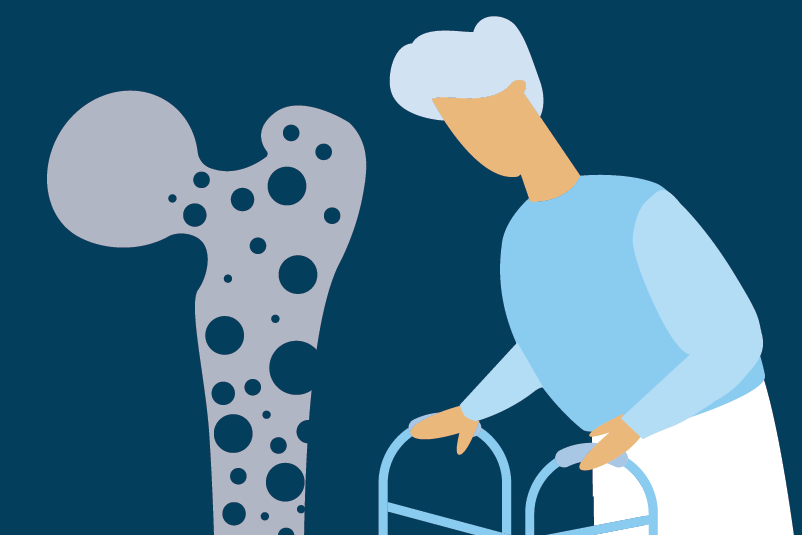#250 DPP-4 inhibitor update: Thousands studied but still no evidence of clinical benefits

Reading Tools for Practice Article can earn you MainPro+ Credits
Join NowAlready a CFPCLearn Member? Log in
- Improved HbA1c:3 0.3-0.5%.
- No effect on CVD outcomes (overall or CVD mortality, myocardial infarction, or stroke) in those with or without previous CVD.1,3,4 Example: CVD death, Risk Ratio 1.01 (95% CI 0.91-1.12).1
- Retinopathy: Meta-analysis (7 RCTs) found DPP-4 inhibitors increased risk (versus placebo): number needed to harm (NNH)=430 over 18 months.11
- Nephropathy: Two meta-analyses12,13 found DPP-4 inhibitors improve albuminuria but not clinical renal outcomes like end stage renal disease (ESRD), dialysis, or transplantation.
- RCT of 6979 higher CVD/renal risk patients not included above but designed to evaluate renal outcomes:14
- DPP-4 inhibitors did not improve renal composite outcome of ESRD, death, or sustained 40% decrease in eGFR versus placebo.
- Albuminuria progression (a surrogate marker) reduced: 5.9% versus 7.5% placebo, number needed to treat (NNT)=30.
- Limitations: short duration trial (~2 years)
- RCT of 6979 higher CVD/renal risk patients not included above but designed to evaluate renal outcomes:14
- No trials found evaluating the effect of DPP-4 inhibitors on diabetic neuropathy.
- Examples of DPP-4 inhibitors include sitagliptin, saxagliptin, or linagliptin.
- DPP-4 inhibitor RCTs5-7 designed as non-inferiority trials and were non-inferior to placebo:
- Meaning, DPP-4 inhibitors are not worse than nothing (for CVD).
- DPP-4 class is the #15 top spending for drug classes (~$207 million/year).16
- Second-line therapy after metformin should focus on agents that improve CVD outcomes (e.g. SGLT-2 inhibitors or GLP-1 agonists).






